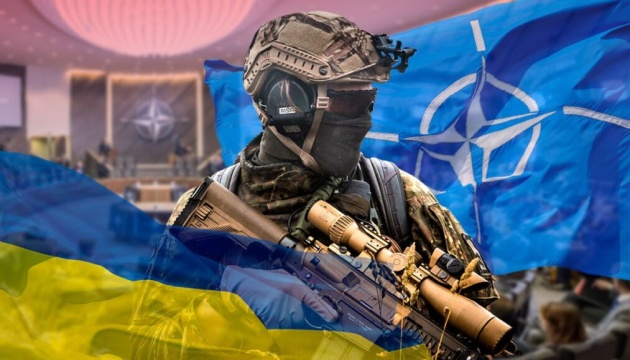Lawyer
Legal aspects of protecting the rights to education for persons who have experienced violence because of their political views
The right to education is a fundamental right enshrined in international and national legal acts. However, for persons who have experienced violence because of their political views, the realization of this right can be seriously hampered. In this article, we will consider the legal aspects of protecting the rights to education for such persons, in particular through the consultation of a lawyer, the analysis of documents and the provision of a legal opinion.
International legal mechanisms
According to Article 26 of the Universal Declaration of Human Rights, everyone has the right to education. Article 13 of the International Covenant on Economic, Social and Cultural Rights enshrines the right of everyone to education aimed at the full development of the human personality and a sense of its dignity.
Additional international legal protection mechanisms exist for individuals who have experienced violence because of their political views. The 1951 Convention Relating to the Status of Refugees provides for access to education for refugees on the same level as citizens of the host country.
Consultation of a lawyer
Consulting a lawyer is the first step in protecting the rights to education. A lawyer will help a person understand his legal situation and determine the most effective ways to protect his rights. The specialist can provide assistance in collecting the necessary documents, filing applications and complaints to the relevant authorities.
During the consultation, the lawyer will explain to the person his rights and obligations, as well as possible legal procedures that can be used to restore the rights to education. For example, a lawyer can advise submitting an application to the Ministry of Education or other relevant authorities with the requirement to ensure access to educational institutions.
Analysis of documents
Analysis of documents is a key stage in the process of protecting the rights to education. The lawyer will carefully review all submitted documents related to cases of violence, applications to educational institutions, responses to these applications and other important documents.
Professional analysis of documents allows you to determine their compliance with legal requirements, identify possible shortcomings and propose ways to eliminate them. This helps to strengthen a person's position in legal proceedings and increase the chances of a successful resolution of the case.
Legal opinion
A legal opinion is a final document that is drawn up on the basis of document analysis and consultation. In this opinion, the lawyer provides an assessment of the legal situation, determines possible ways of protection and makes predictions about the outcome of the case.
A lawyer's legal opinion can be used as an argument in court and administrative proceedings, as well as when addressing international organizations and institutions. It serves as an important tool in the legal fight for the right to education, helping a person to realize his right to be protected from discrimination and violence based on political views.
Conclusion
Protecting the rights to education for persons who have suffered violence because of their political views requires a comprehensive approach and professional legal assistance. Consulting a lawyer, analyzing documents and providing a legal opinion are key elements of this process. Thanks to qualified legal support, victims of violence can effectively protect their rights and gain access to quality education.

































